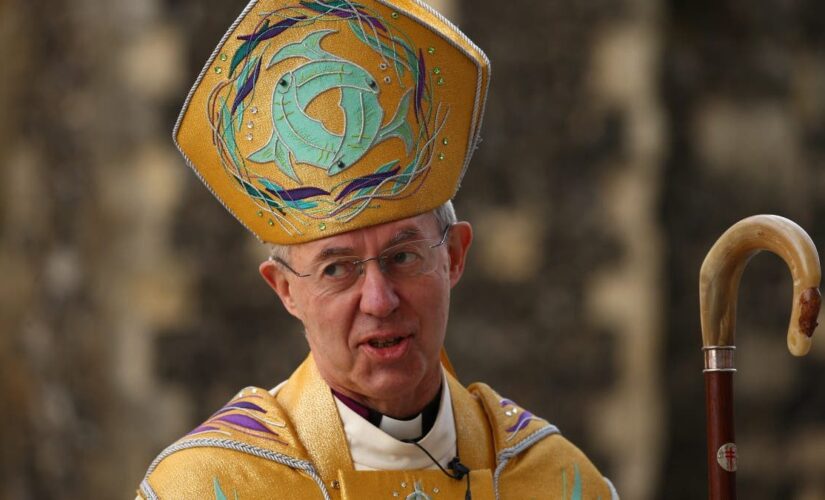The Church of England has set aside ?100 million in a fund intended “to address past wrongs” related to the institution’s historic links with the transatlantic slave trade.
The church said the money, which is not being called “reparations” because it will not be going to individuals, will be used to provide a “better and fairer future for all, particularly for communities affected by historic slavery,” according to a Tuesday statement.
An investigation by the Church Commissioners, a charity that manages the Church’s investment portfolio, examined the Church’s investment fund that dates back to the 18th century and was known as Queen Anne’s Bounty.
The investigation found that by 1777, Queen Anne’s Bounty had invested ?406,942 – which would be equivalent to around ?724 million today – in the South Sea Company. The report also estimated that the South Sea Company transported 34,000 slaves in poor conditions over its 30 years of operation.
Queen Elizabeth II and Prince Phillip, Duke of Edinburgh, stand during the Maundy service conducted by the Bishop of Worcester Dr. John Inge at Christ Church Cathedral on March 28, 2013, in Oxford, England.
(WPA Pool/Pool via Getty Images)
The Church Commissioners said in their announcement that the Church of England will be committing ?100 million over the next nine years to a new program of investment, research and engagement to address its historic links with slavery.
Efforts will include funding further research, such as into the Church Commissioners’ history, to support dioceses, cathedrals and parishes to investigate and address any links they may have had with slavery. Additionally, any growth made on the fund will be used to provide grants for projects that help communities that were negatively impacted by slavery.
“The full report lays bare the links of the Church Commissioners’ predecessor fund with transatlantic chattel slavery,” said Archbishop of Canterbury Justin Welby in a statement. “I am deeply sorry for these links. It is now time to take action to address our shameful past. Only by obeying the command in 1 John 1:6-7 and addressing our past transparently can we take the path that Jesus Christ calls us to walk and face our present and future with integrity.”
Archbishop of Canterbury Justin Welby before delivering his Easter sermon at Canterbury Cathedral on April 17, 2022, in Canterbury, England.
(Hollie Adams/Getty Images)
“It is hard to do this at a time when resources in many parishes are so stretched, but by acting rightly we open ourselves to the blessing of God,” the archbishop added.
The British slave trade was abolished by the British government in 1807 through the passage of the Slave Trade Act, which made the transatlantic slave trade illegal and would eventually lead to the abolition of slavery throughout the British Empire.
William Wilberforce, a British politician who lived 1759 to 1833, was an evangelical in the Church of England who played a pivotal role in the abolition of the British slave trade.
(GeorgiosArt via Getty Images)
CLICK HERE TO GET THE FOX NEWS APP
The law was passed with support from a coalition of groups and individuals, including William Wilberforce, a member of British Parliament who was a prominent anti-slavery campaigner and an outspoken evangelical in the Church of England.




